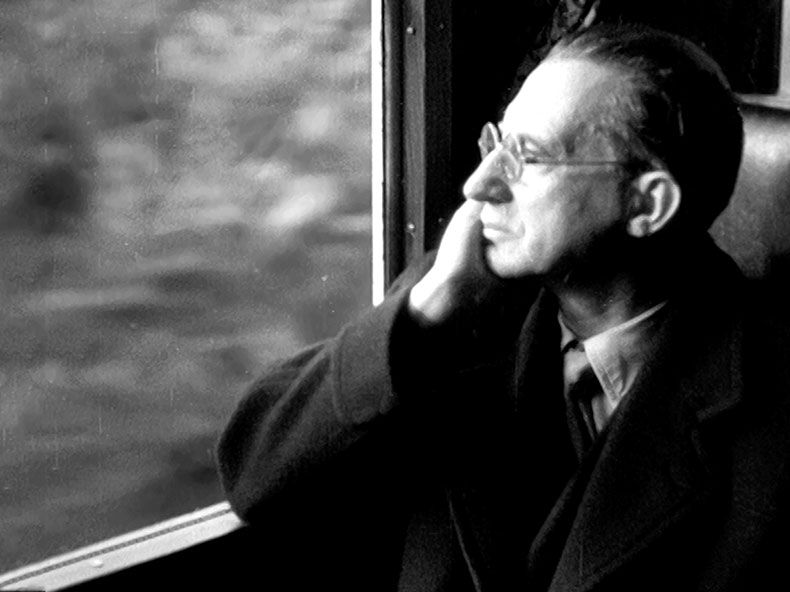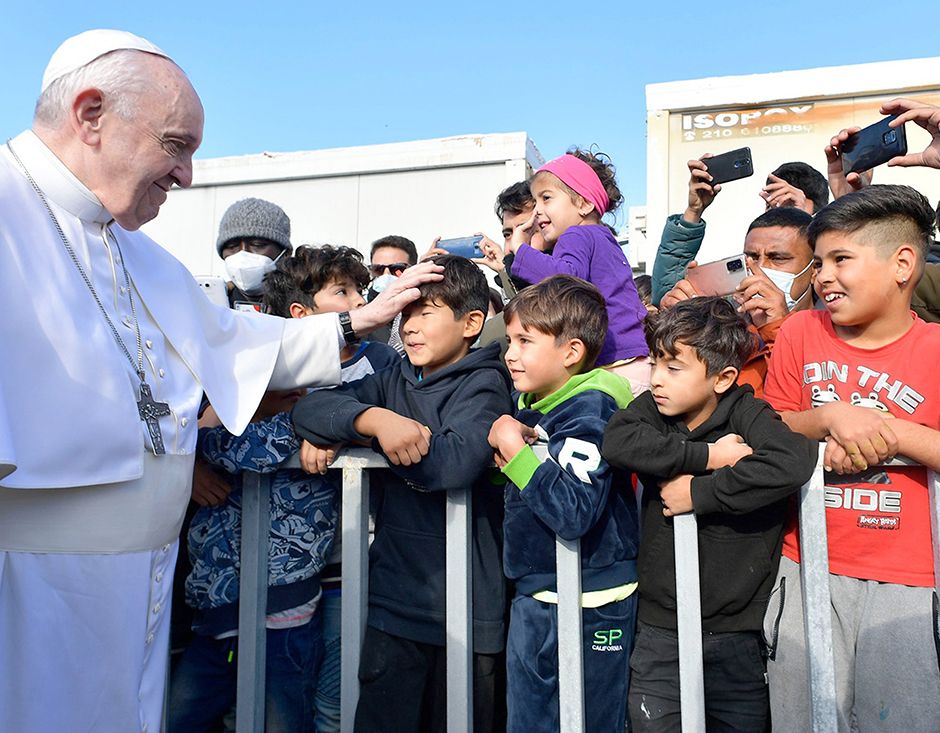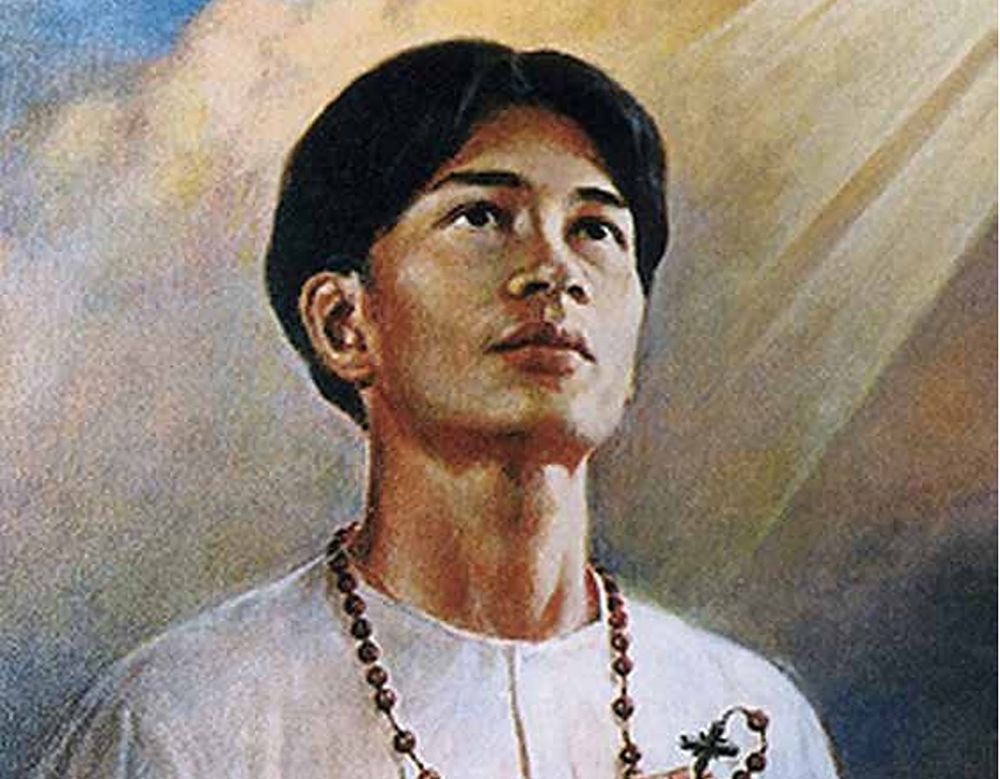The Church’s teaching on life is rooted in Scripture. The Book of Genesis portrays God’s creative action of giving life to humanity and to the world. God declares all human life as good (Gen 2:7). The story of Cain and Abel illustrates the wrongness of directly intended actions to destroy human life (Gen 4: 1-16). The fifth commandment of the Decalogue declares a prohibition against killing (Ex 20:13). The loss of any human life is a concern of God (Ps 116:15). The Scripture accounts of dead persons brought back to life either by the prophets in the Old Testament or by Jesus and his disciples in the New Testament point to the power of God to defeat death and restore life (1 Kings 17:17-22; 2 Kings 4:32-35, Luke 7:11-15, Luke 8:49-55, John 11: 1-44; Acts 9:36-41; Acts 20: 9,10). The resurrection of Christ assures us of the promise of eternal life with God (John 3:16; 1 John 5: 13-14).
Normative principles
The biblical teaching on the sanctity of life has been developed by the Church’s tradition and magisterium to address moral situations such as abortion, war, capital punishment, euthanasia, poverty, and environmental abuse. To guide the consciences of the faithful on issues concerning life, the Church has established certain normative principles.
The protection of human life begins at fertilization. The Church teaches that the human being, in whatever stage of development, has the right to life and must be protected from harm. From the moment of fertilization, even when the embryo has not yet implanted in the womb, the Church already recognizes the existence of human life. This embryonic life must be accorded protection and care in order for it to reach full development. This teaching on the beginning of life informs the Church position on abortion, cloning, embryonic stem cell research, and reproductive technologies.
The Church makes the important distinction between direct and indirect killing of the unborn. While directly intended abortion is condemned by the Church, the unintended death of the unborn resulting from treatment of serious medical conditions is not considered a moral offense.
The decision to bring new life into the world must be done with proper discernment. The Church asks married couples to use responsible parenthood when planning their families. In regulating births, couples are to use family planning methods that preserve the natural human process of procreation and they are to avoid any method that can harm the embryo.
Protection of life
Human life is to be protected until natural death. While human life is a fundamental value, the Church does not consider it an absolute value that must be extended at all cost. Our belief in the resurrection enables us to view death not as the final end but a passage to eternal life.
The Church allows the withholding or withdrawal of extraordinary or disproportionate means to sustain the life of a terminally ill person if such means impose a grave burden on the patient or the patient’s family. “To forego extraordinary or disproportionate means is not the equivalent of suicide or euthanasia; it rather expresses acceptance of the human condition in the face of death.” (John Paul II, Evangelium Vitae, 65). There is still an obligation, however, to provide ordinary or proportionate care to a terminally ill or disabled person.
The Church condemns any directly intended killing of an infirmed or disabled person in order to relieve the person of suffering, even if the person requests it. Such an act is not an act of mercy but rather an illicit act of killing.
There is a legitimate right to self-defense under certain conditions. The Church recognizes the right of persons to defend their life even to the point of using lethal force against an aggressor. Such use of force, if no other peaceful means are available, is not considered murder but a legitimate exercise of self-defense. The Church also recognizes the right of nations to legitimate defense by military force under certain strict conditions. The lives of civilians, wounded soldiers, prisoners and other non-combatants are to be protected and respected. These persons are not to be placed in harm’s way during military actions. The use of weapons of mass destruction, even for the purpose of ending war, is condemned by the Church because of the great loss of life and destruction of the environment that would result.
As much as possible, public authorities must use non-lethal means to deal with offenders. The Church recognizes that “legitimate public authority has the right and the duty to inflict punishment in proportion to the gravity of the offense.” (Catechism of the Catholic Church, 2266) This punishment is intended to correct the offender and expiate the offense. It must not have the intention of vengeance. In the past, the Church had accepted and tolerated the use of capital punishment by the State. With the introduction of modern prisons and the recognition of human rights, there are now reasonable grounds to argue that non-lethal means of punishment are sufficient to protect the common good. The Church believes that “the cases in which the execution of the offender is an absolute necessity are “very rare, if not practically non-existent.” (Catechism of the Catholic Church, 2267; Evangelium Vitae, 56)
Eradication of poverty
Respect for the sanctity of life calls for efforts to eradicate poverty, oppression and inequality. The Church is not only concerned with preserving life but it is also deeply concerned about the quality of life of every human being. “Just as the commandment ‘Thou shalt not kill’ sets a clear limit in order to safeguard the value of human life, today we also have to say “thou shalt not” to an economy of exclusion and inequality.” (Pope Francis, Evangelii Gaudium, 153)
The Church identifies many social conditions and structures that destroy human dignity and impoverish human life. “Whatever insults human dignity, such as subhuman living conditions, arbitrary imprisonment, deportation, slavery, prostitution, the selling of women and children; as well as disgraceful working conditions, where men are treated as mere tools for profit, rather than as free and responsible persons; all these things and others of their like are infamies indeed.” (Second Vatican Council, The Church in the Modern World [Gaudium et Spes], 27) The Church calls for a radical change of unjust social structures that cause situations of poverty, discrimination, marginalization and inequality. Every human being must be provided opportunities and resources to achieve integral human development and fullness of life.
Care of our common home
Preservation of the earth as our common home is essential to the protection of all life. Human life is inextricably bound up with all living creatures and the environment that sustains all life on earth. Disregard for human life leads to disregard for nature. “When we fail to acknowledge as part of reality the worth of a poor person, a human embryo, a person with disabilities . . . it becomes difficult to hear the cry of nature itself; everything is connected. Once the human being declares independence from reality and behaves with absolute dominion, the very foundations of our life begin to crumble.” (Pope Francis, Laudato Si, 117)
We must shift from an anthropocentric perspective to a more integral view of ecology that recognizes the interrelationship of everything in creation. The Church calls for global solidarity directed toward the protection and preservation of our environment and fellow creatures. The survival of life on earth depends on this.
In summary, the Church’s teaching on the sanctity of life has developed from biblical sources into specific principles and norms related to sexual ethics, bioethics, social ethics and environmental ethics. The value of human life is not based on a person’s status, achievement, possessions or moral state; it is based on the goodness and holiness of God, the origin and final destination of all life. The Church is concerned not just with the protection of innocent life such as the unborn but the life of every person, especially those who are weak, vulnerable and in the margins of society. We are called not just to protect life but also to ensure that every person has a quality of life worthy of a beloved child of God. Our defence of human life also carries a responsibility to care for the earth, our God-given and life-sustaining home.

























